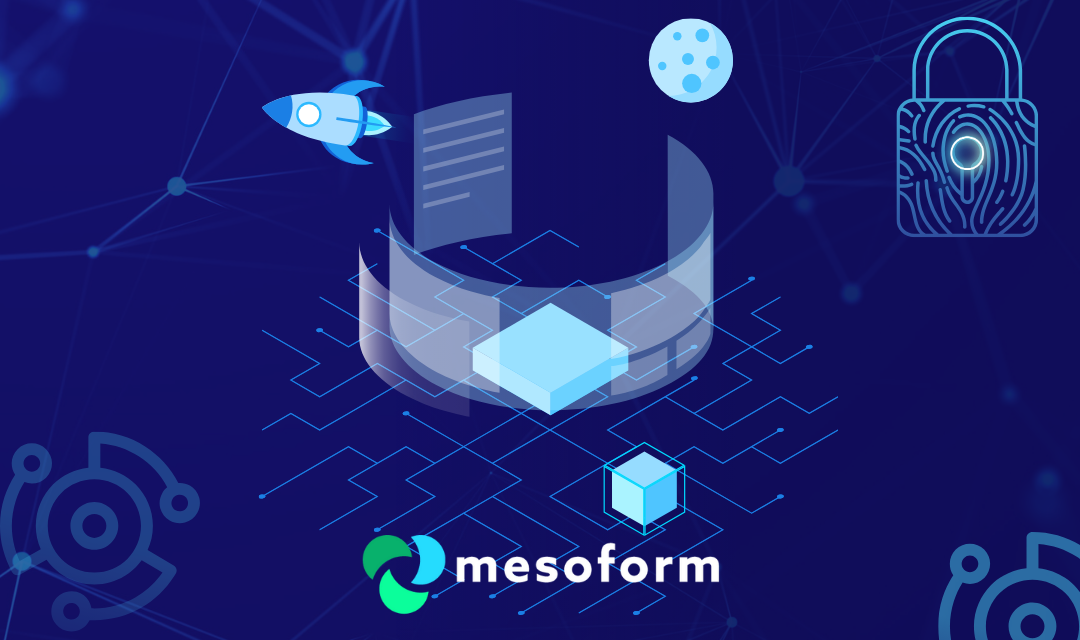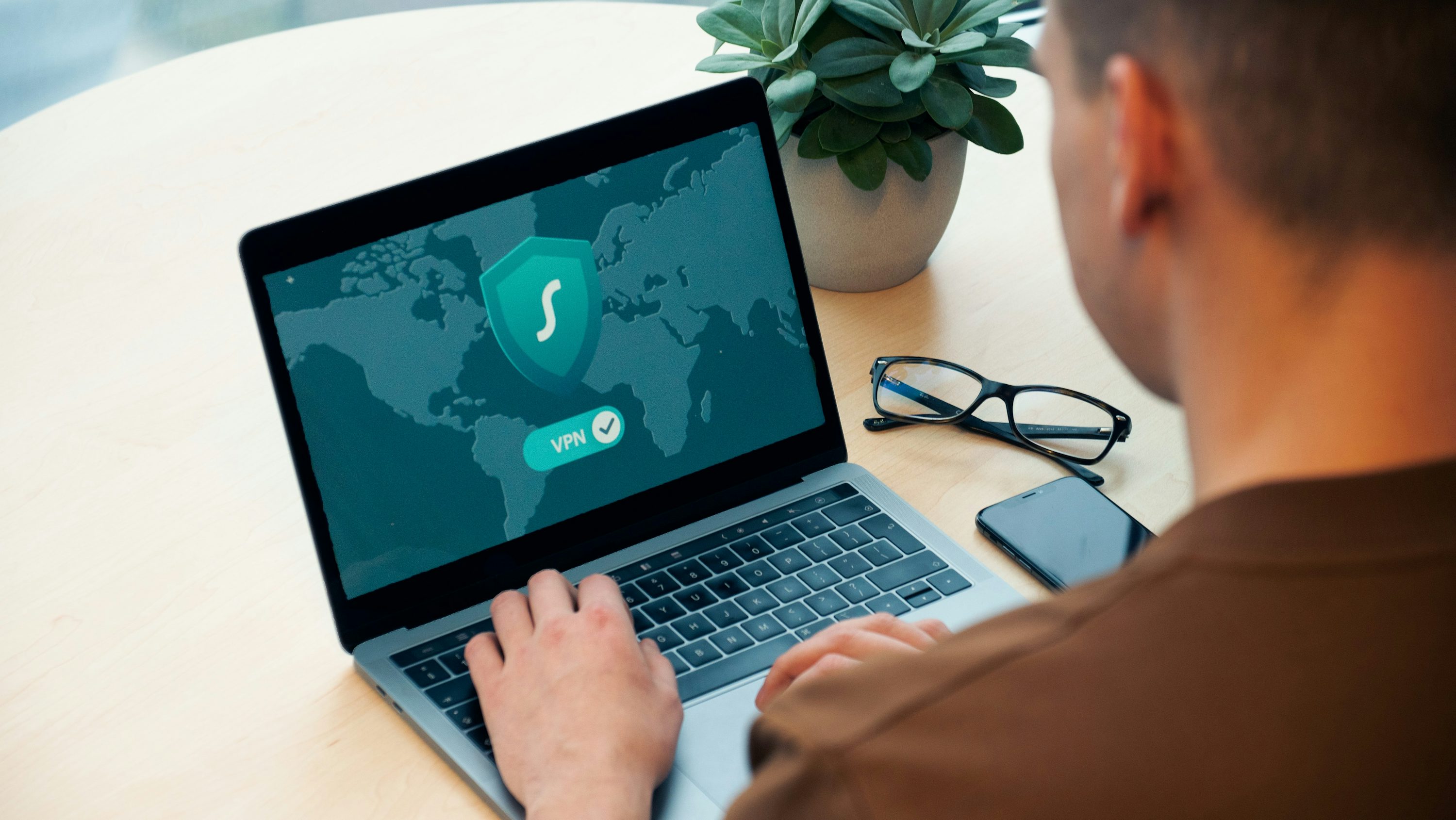Strengthening Cyber Defences: A CISO's Roadmap for 2025

A Holistic Approach to Cybersecurity
Our strategic imperative for 2025 is to build a highly trained and resilient workforce. This begins with a comprehensive roadmap for employee training, moving beyond rote exercises to cultivate a deep understanding of cyber risks and best practices.
Community - Sharing knowledge between organisations, and stop siloing each other. Technology is not just about updating your password and using biometrics or two-step authentication, these can be bypassed. IoT devices are evolving. Pooling out knowledge with peers, alongside data protection and encryption, access management, network security and disaster recovery plans must be consistently re-evaluated.
Team Collaboration - Employee wellbeing and asking the pivotal question, are you happy? OKRs - objectives and key results. KPIs - key performance indicators.
Resilience Mindset - Adopting growth, business trends, and security support. CISO, top management, advisors and analysts need to build stronger awareness and better defences. Regular check-in’s, briefing meetings, and communication with internal and external teams. Share knowledge in community (POC). Prevent, respond and recover from cyber attacks. Segment the network, as part of damage control, and have clear routines, firewall rules and updates, and avoid misconfigurations.
Adaptability - Embracing technology and the next generation of leaders.
Roles and Responsibilities - CISO role could act as a function, trickle down effect onto wider teams, giving juniors and mid-level analysts a chance to do it right, while leaders and directors act as drivers. Cyber security is driven by ‘people’ and technology advancements. There is a need for a ‘reset’ in training, upskilling, education, and championing of roles. CISO and top-level management need support functions and advisors, social responsibility to keep up with trends, economy, socially, politically, make decisions, and be passionate.
Organisational Culture - It’s not just about phishing simulations and online training/certifications, but the culture being instilled onto the team. Are they passionate about being here? I still feel the same way I did when I walked into the industry years ago. Zero Trust security frameworks rely on strict identity verification, continuous monitoring, and micro-segmentation of networks. AI has the ability to enhance Zero Trust by enabling real-time user authentication, behavioural analysis, and automated access control decisions.

Redefining Roles and Cultivating Talent
Building a cybersecurity programme needs to be attractive to a new/future cohort of talent, not just about retaining existing employees. Simple techniques for feedback include surveying staff and asking questions such as what would they like to see improve in terms of training, key learnings, and ways forward. If existing training focuses too much on online elements, including video-based content delivered through webinars, and assignments; workshops delivering real-world cyber scenarios can provide Q&A opportunities in real-time, collaboration between teams, better use of time and resources, and shifts in behaviour.
In terms of technical and non-technical roles in cybersecurity, training could be adapted to focus on outsider influences, such as personal branding, networking, community, public speaking, presentational tradecraft / delivering key message to clients, and business strategy, alongside the courses we already have that focus on technology, frameworks, risk and so on.
Create new roles that suit employees if not present inside the organisation. Leaders as solution finders and idea creators need to strike the balance between steering teams towards real-world hands-on experience, and the need for employees to consistently be upskilling and educating themselves.

Build a cybersecurity programme that champions all types of employees, from those who are incredibly ambitious and want to aspire to be leaders, and those who are seeking a more moderate lifestyle, but are still able and willing to put in 110% at work however would rather be suited to a role that offers flexibility.
Remember your biggest asset is not how much knowledge and experience you have, but your ability to take other people along with you on your journey, relaying the key message through storytelling. As a leader you need to be the ideas person, allowing your team to work on bringing your ideas to life, while you find solutions along the way.
Alexandra acts as an advisor for organisations and businesses looking to enhance their overall understanding of threat intelligence and cyber security best practices; positioning herself as the go-to authority figure. Please feel free to get in touch to discuss tailored industry reporting and public speaking engagements with Alexandra.
Ready to fortify your organisation's cyber defences for 2025 and beyond?
Contact us today to discuss how we can help you implement these strategic cybersecurity initiatives, empower your team, and build a truly resilient security posture.






